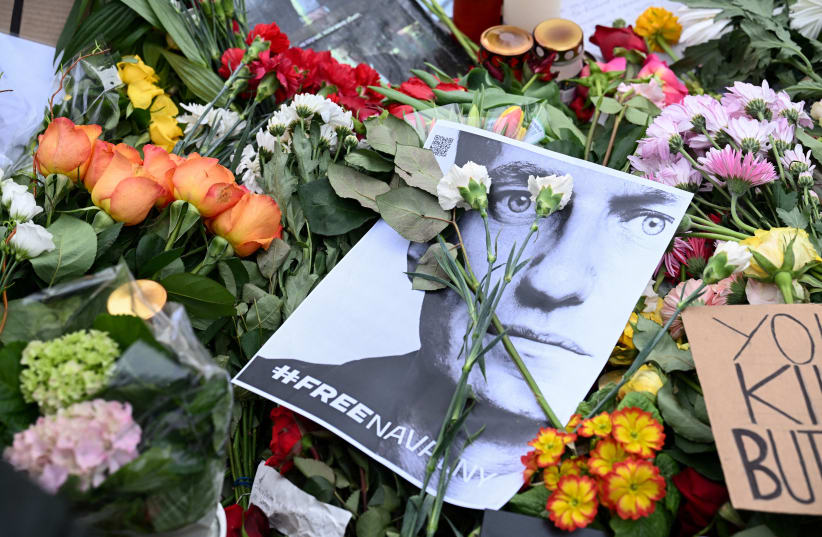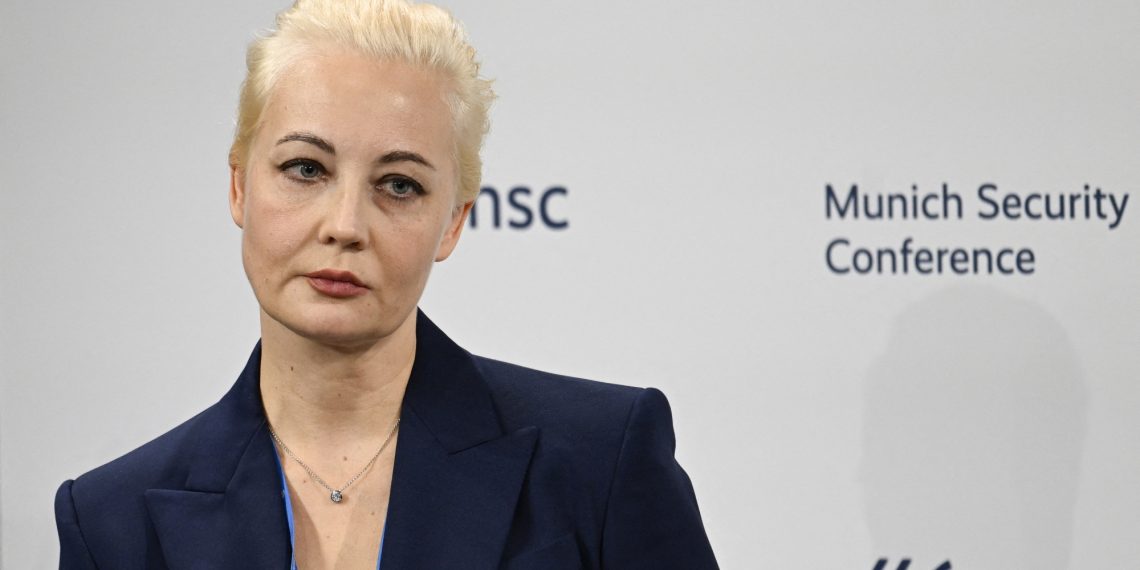Germany’s Foreign Minister, Annalena Baerbock, announced plans for new sanctions against Moscow following the death of Russian activist Alexei Navalny. The proposal comes ahead of an EU foreign ministers’ meeting, where Navalny’s widow is expected to attend.
The EU ministers had already scheduled discussions on the bloc’s 13th package of sanctions against Russia, initiated since Moscow’s invasion of Ukraine in February 2022. Hungary remains the sole EU member yet to endorse the proposed sanctions targeting nearly 200 entities and individuals.
Yulia Navalnaya, speaking at a Western security conference, held Putin and his allies accountable for the situation in Russia and her family’s plight. Baerbock expressed hope for swift agreement within the 27-nation bloc on imposing new sanctions against Russia.
The decision to propose additional sanctions stems from Navalny’s recent death in an Arctic prison, coinciding with the two-year anniversary of Moscow’s invasion of Ukraine. Foreign policy chief Josep Borrell emphasized the EU’s intent to sanction those deemed responsible, particularly pointing to Putin.
Navalny, a prominent anti-corruption activist, had faced persecution in Russia, including a nerve agent poisoning in 2020. His death has reignited calls for accountability and repercussions against those implicated.

Hungary’s reluctance to support new sanctions complicates the EU’s unanimity requirement for such measures. The proposed sanctions aim to freeze assets and impose travel bans on entities involved in the conflict or circumvent existing trade restrictions.
Beyond sanctions, EU ministers also discuss military aid for Ukraine amid challenges in U.S. decision-making and Russia’s recent battlefield victories. Concerns persist over the potential return to power of Donald Trump, whose stance on NATO raises anxieties in Europe.
Internal EU dynamics, including Germany’s hesitance to replenish a military fund for Ukraine, highlight broader challenges in collective decision-making and burden-sharing within the bloc.





